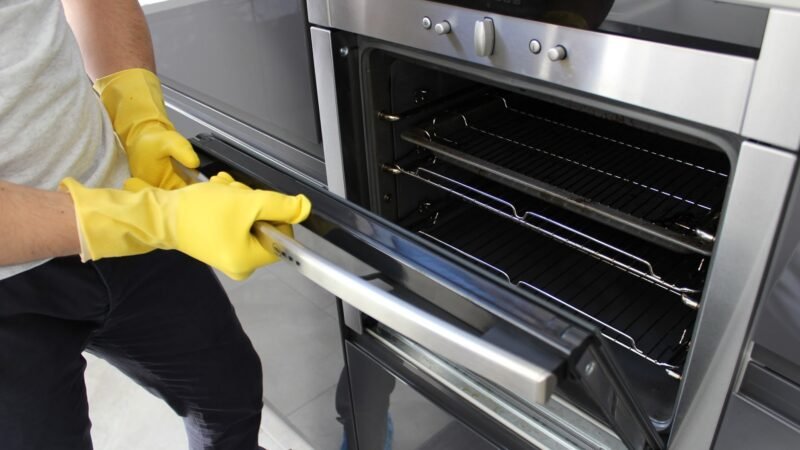Do you want to lower your home’s carbon footprint, reduce your energy costs, and protect…
Ways To Reduce Energy Consumption Through An Energy Audit
A lot of businesses and homeowners are interested in ways to reduce their energy consumption, but they don’t know how. An Energy Audit For Business is one of the best ways to find out how much energy you’re using, where it’s going, and what changes can be made to make your business more efficient. Here are some things you should know about energy audits:
Energy audit
An Energy Audit For Business is a process that helps identify energy-saving opportunities and reduce your energy consumption. During an audit, you will be asked questions about your home or office and its current condition, such as:
- What type of heating system do you have (e.g., an electric baseboard)?
- How old is it?
- Is it working properly?
- How much does it cost to operate during the winter months?
The answers to these questions help determine how much money can be saved through upgrades or repairs before you even start looking at other ways to reduce your bill. Once completed, the auditor will provide recommendations based on their findings and discuss them in detail with you so that everyone understands what needs to happen next!
Electrical energy audit
An electrical Energy Audit For Business is the process of identifying areas where you can reduce your electrical usage and save money. There are several ways to conduct an electrical energy audit, but the most common method is a visual inspection of your home’s wiring and fixtures. The process involves walking through each room with a flashlight or other light source and checking for signs of worn-out or broken equipment, such as flickering lights or cracked bulbs. After completing this initial inspection, you should make note of any items that need repair or replacement so that they can be taken care of later on (you don’t want to turn off all power in order to fix one light fixture!).
Lighting energy audits
If you’re interested in reducing your energy consumption, a lighting audit is a great place to start. Lighting is the second largest user of electricity in most homes, according to Energy Star. A well-executed lighting audit can help you identify areas where you can save money by using less lighting and/or more efficient bulbs. Here are some tips for reducing the amount of electricity you use for lighting:
- Turn off lights when not needed–or use motion sensors so they automatically turn off when no one’s around!
- Use energy-efficient bulbs (they’ll last longer too). If possible, replace incandescent bulbs with LED lights or compact fluorescents (CFLs). CFLs produce just as much light but use 75% less energy than incandescents; LEDs use even less than CFLs
Water energy audit
Water Energy Audit For Business can help you save money and reduce your carbon footprint by identifying areas where water is being wasted. Water audits can be performed on both commercial and residential properties. The audit process involves inspecting the property’s plumbing system, fixtures, appliances, and landscaping to determine how much water is being used in each area of the house or business. Once this information has been collected (typically over a period of 24 hours), it will then be analyzed by an expert who looks at ways to reduce consumption without sacrificing comfort or quality of life for occupants of the building; these strategies include replacing old equipment with new models that use less water per cycle as well as installing low-flow shower heads or faucets that don’t leak when turned off properly after use so there aren’t any residual drips coming out onto floors.
Conclusion
The Energy Audit For Business is a great way to reduce energy consumption in your home or business. You can use it to identify areas where you could be using less energy and make changes that will have a big impact on your utility bills.













